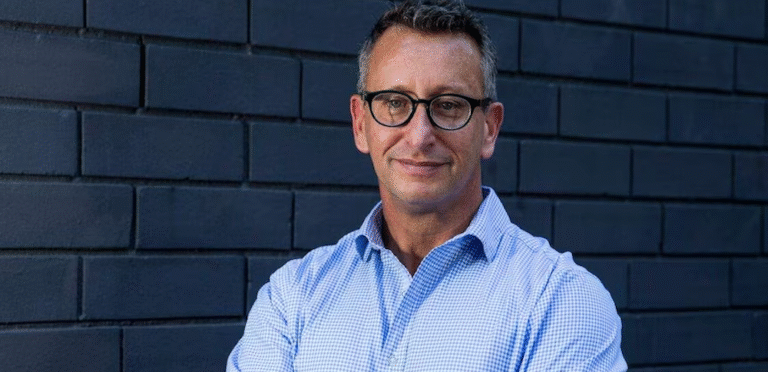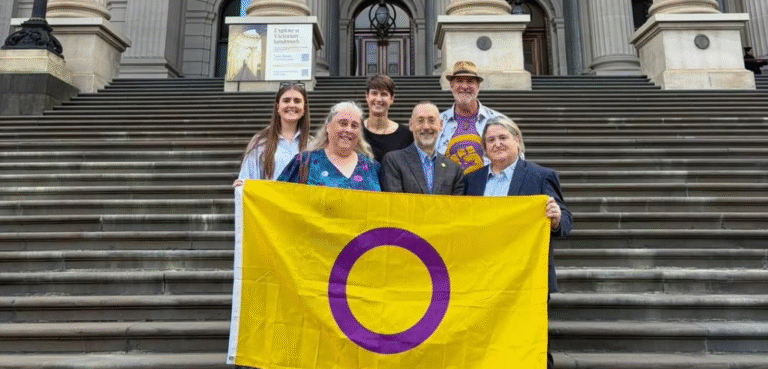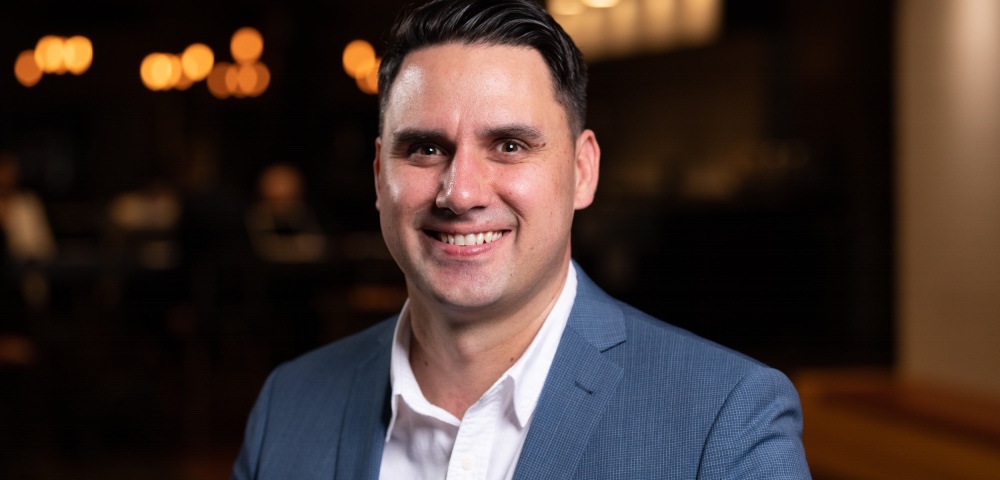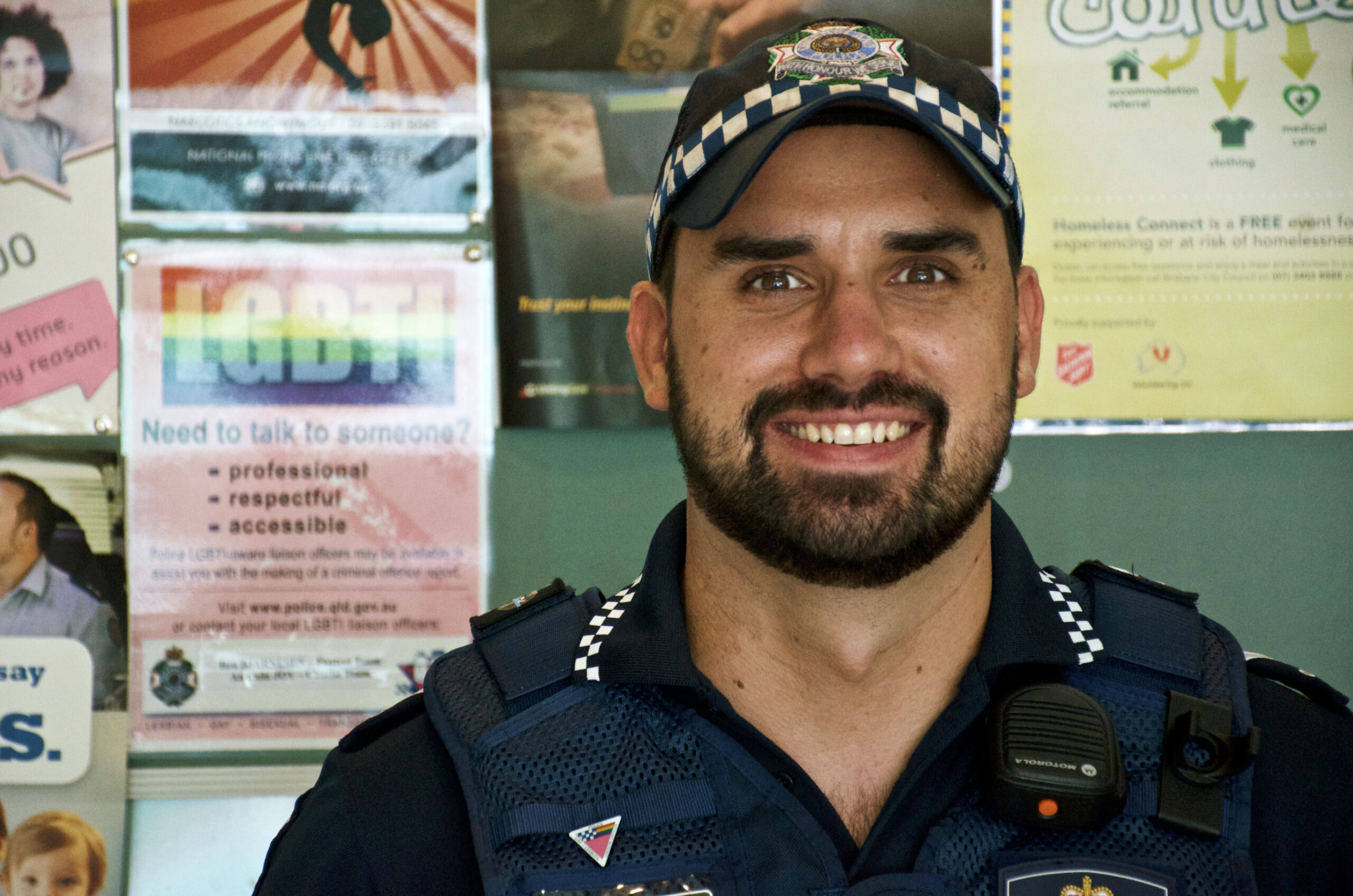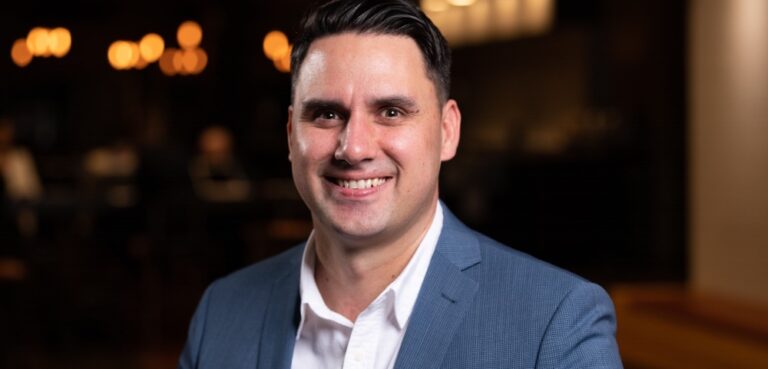
Australia’s First Domestic Violence Awareness Day
As a first responder with the Queensland Police, senior constable Ben Bjarnesen was used to dealing with cases of domestic violence. Ben, however, endured domestic violence for two years at the hands of his partner, before he decided to take action.
A survivor, Ben is now the brain behind Australia’s first LGBTQI Domestic Violence Awareness Day on Thursday May 28, 2020. The #IAmHereForYou campaign hopes to remove stigma around domestic violence while also getting survivors to speak up.
“Many people in LGBTQI communities may not identify themselves as being in a domestic violence relationship as it is most often seen as a problem of heterosexual relationships with men abusing women,” Ben told Star Observer.
Statistics reveal that 62% of LGBTQI people have experienced domestic violence within their relationships. However, LGBTQI people are less likely to report it and get help.
“LGBTQI people are less likely to see themselves as experiencing abuse or being a perpetrator if they cannot identify with the portrayed characteristics of domestic violence within the public eye. Therefore, they may also believe that there is no support available to them. There is often a belief that they won’t be taken seriously or believed by support services or police, or will not be treated appropriately or respectfully. Some people may also believe that domestic violence is only physical violence, when it is in fact a lot more. It can be psychological, verbal, emotional, financial, social, cultural, stalking, digital or sexual,” said Ben.
The #IAmHereForYou hopes to start conversations around domestic violence so that LGBTQI persons – whether they are a victim or survivor – know that they can ask for help.
Ben has told his own story multiple times to inspire and give hope to other survivors – a jealous partner who would monitor his text messages and social media, throw things around the house and get verbally and physically abusive. Apologies and promises to seek help would follow, but there was little change.
“I guess one of the scariest things is, I’m exposed to domestic violence every single day in my role. Despite that I still wasn’t recognising it or maybe even denying it. I wanted to have that sort of great relationship and show my family and friends that even though I am gay I can still have a loving and fulfilling relationship,” Ben narrates in a video about his experience with surviving domestic violence in his relationship.
A recent study revealed that identifying domestic and family violence in LGBTQI relationships is difficult and challenging. The research ‘Developing LGBTQ programs for perpetrators and victims/survivors of domestic and family violence’ was done by Relationships Australia New South Wales (RANSW) and ACON (formerly the AIDS Council of NSW)
The research revealed that unique “identity-based tactics of abuse” was used to threaten, undermine or isolate a LGBTQI victim or survivor of domestic and family violence. It said that such identity-based abused capitalised “upon a victim’s /survivor’s fear of exposure (“outing”), or their experience of discrimination and internalised homophobia.”
According to Ben, the #ImHereForYou campaign aims to
- Raise awareness of domestic violence within LGBTQI communities
- Remember LGBTQI victims of domestic violence who have lost their lives
- Recognise LGBTQI survivors
- Support those LGBTQI people currently in an abusive relationship
“Domestic Violence operates under a very gendered framework which doesn’t necessarily work for LGBTQI communities. When you look at things like crisis accommodation, perpetrator behavioural change programs, court safe rooms, they are all designed to protect women who have violence or abuse perpetrated against them by men. This can lead some LGBTQI people to believe that there may not be support out there for them,” said Ben, who is an LGBTQI Liaison Officer for the Queensland Police and board member of DV Connect .
“COVID-19 is compounding the effects of domestic violence on victims, so it’s more crucial than ever before that we stand together to bring about change,” added Ben.
How to be a part of the #IAmHereForYou campaign
- On May 28, tell your friends, family and LGBTQI communities that you are there for them.
- Help raise awareness about domestic violence.
- Post supportive messages on social media with the hashtag #ImHereForYou
- Download the Resource Kit and find further information at www.LGBTIDVAwarenessDay.com or connect on Facebook or Instagram @lgbti.dv.awareness.day
Are you or someone you know at risk of domestic and family violence?
- If it is an emergency call Triple Zero (000) and ask for the police.
- Call 1800 737 732 – 1800RESPECT Helpline is the National Sexual Assault Domestic Family Violence Counselling Service.
- Call QLife on 1800 184 527 3pm – midnight.
The LGBTI Domestic Violence Awareness Day is supported by DVConnect and the Queensland Council for LGBTI Health, and is funded by the Queensland Department of Child Safety, Youth and Women, through the 2020 Domestic and Family Violence Prevention Month Grant.
Watch Ben Bjarnesen talk about surviving domestic violence here.

